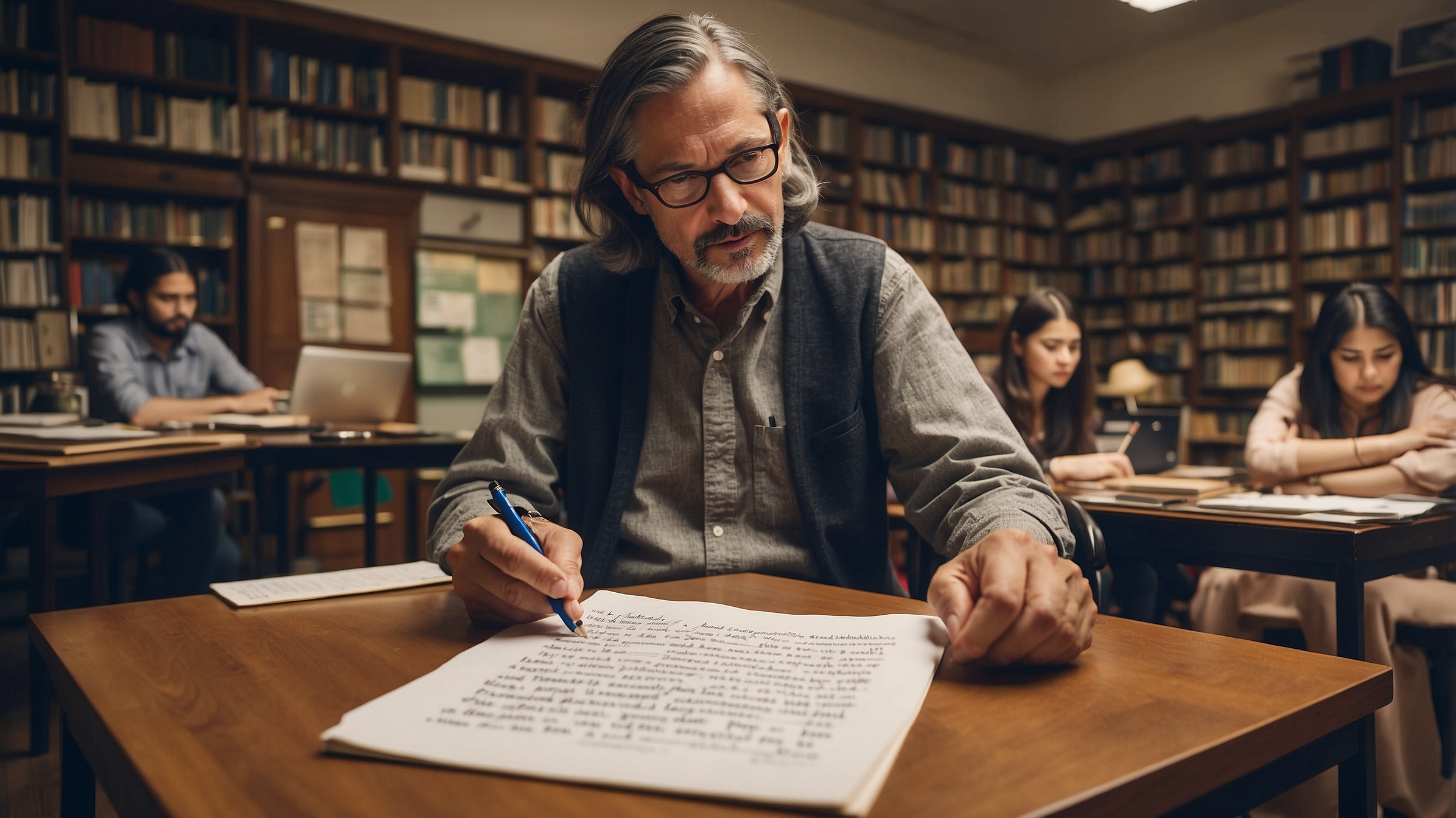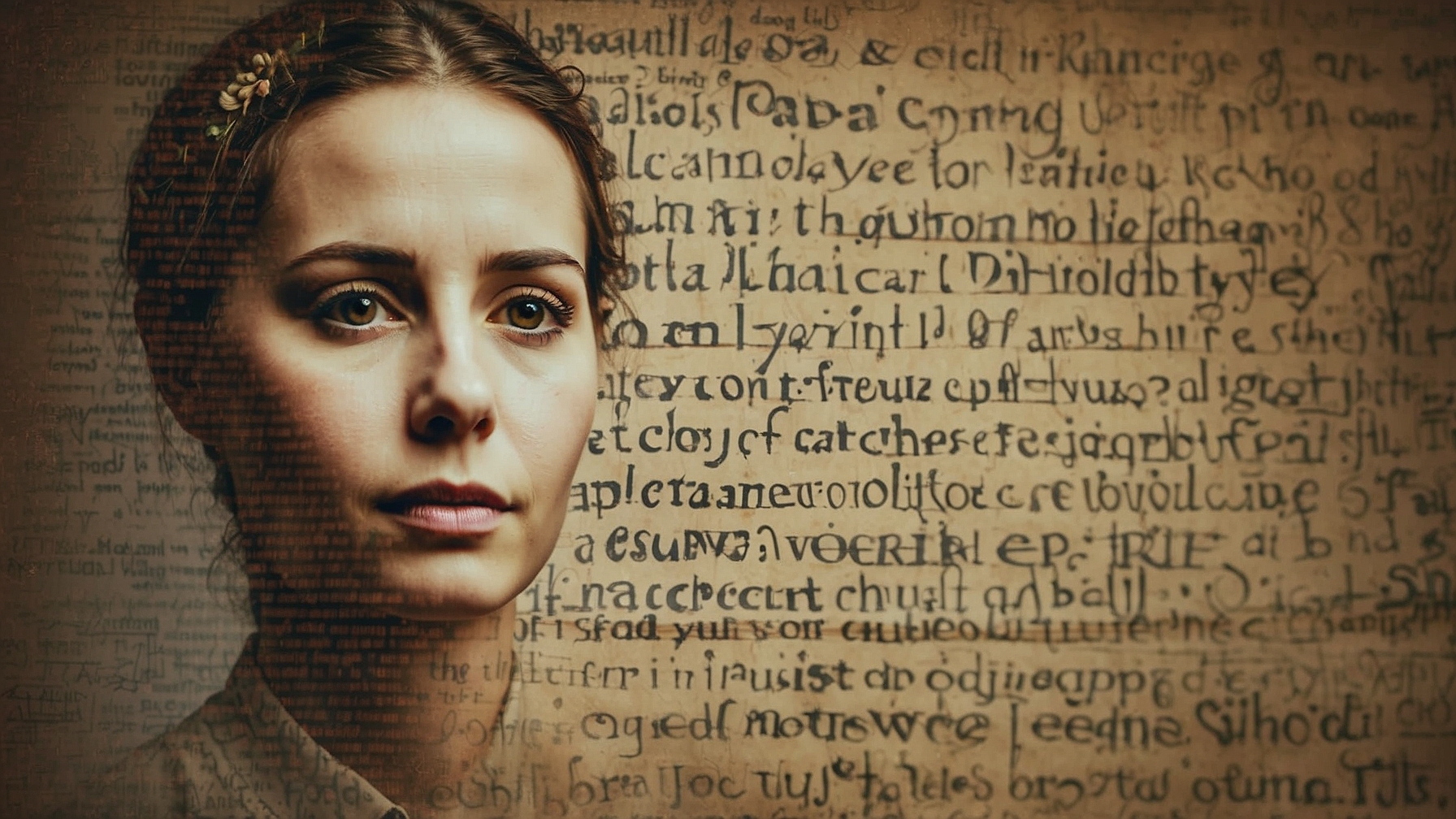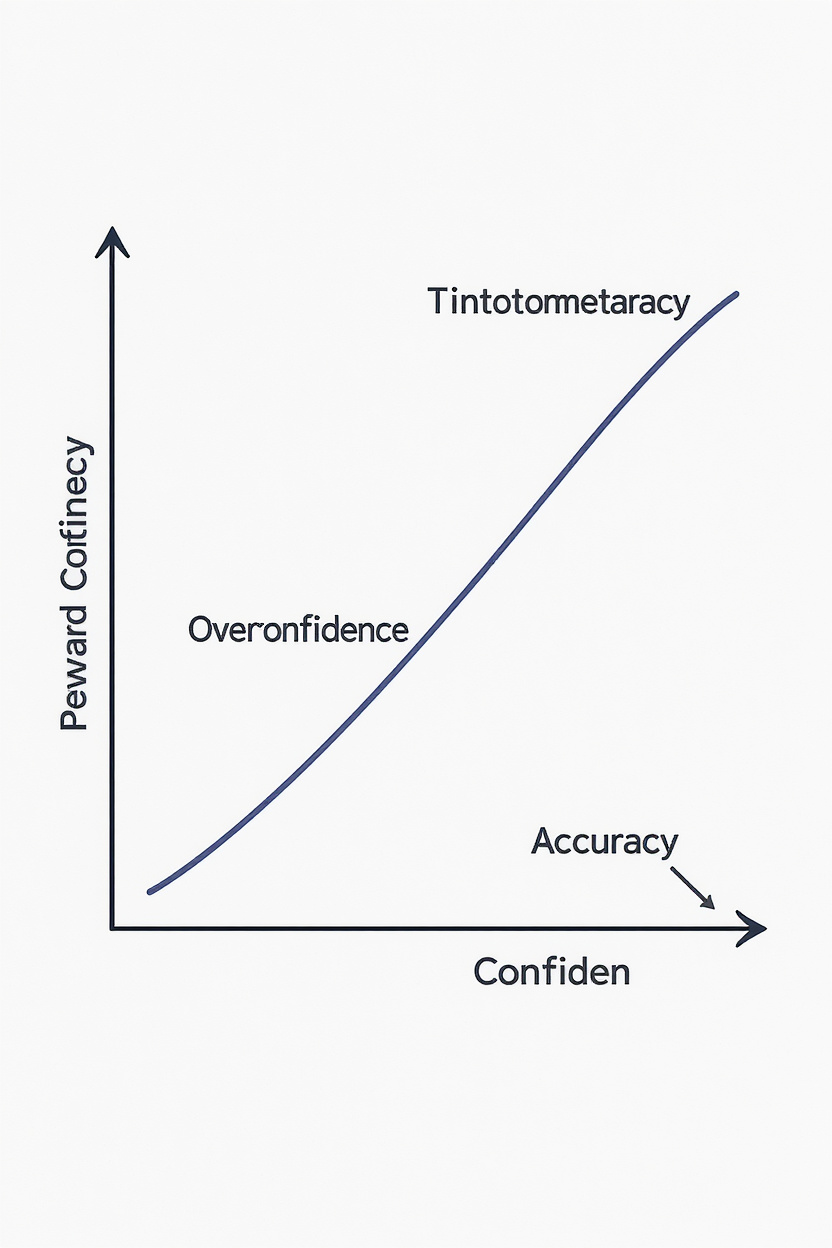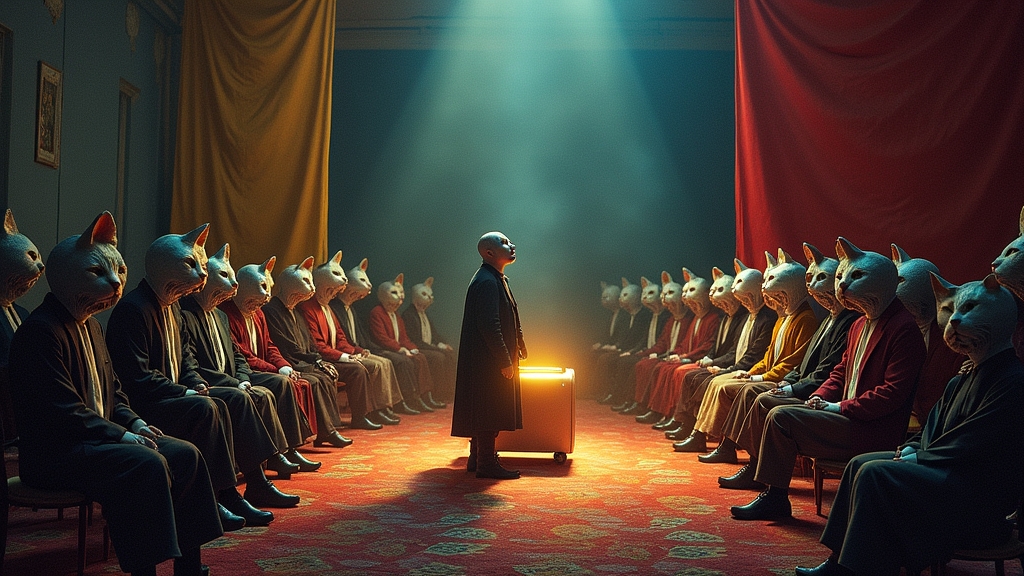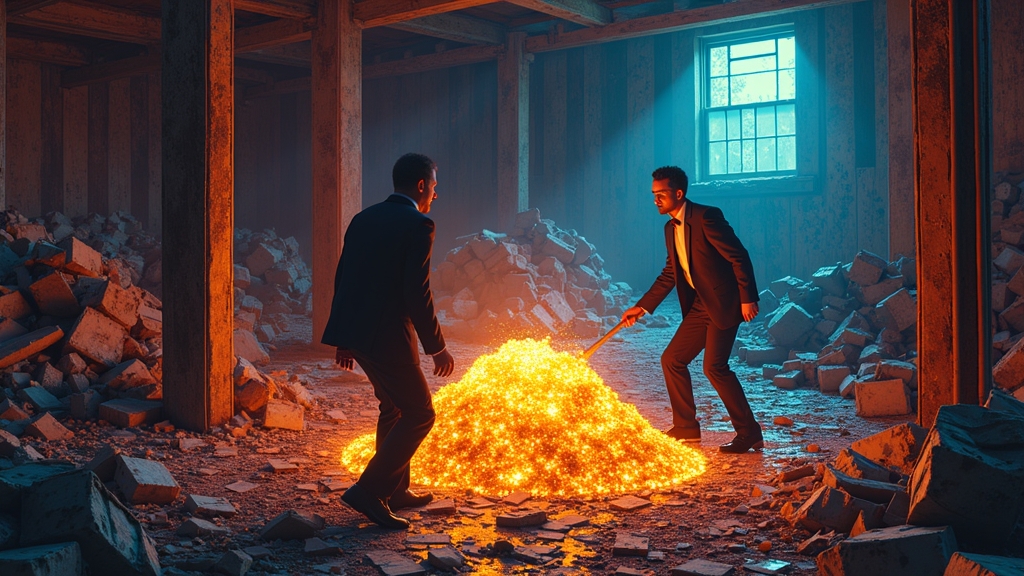Groundbreaking Study Reveals AI Poets Now Rival Shakespeare, May Cause Dire English Teacher Shortage
In a revelation shocking enough to make even Shakespeare rise from his grave and ponder his sonnets, a group of researchers from the University of Pittsburgh has announced that artificial intelligence has finally out-poemed the Bard himself. According to the study, romantics and literature enthusiasts around the world are now swooning over AI-generated poetry, entrusting their deepest emotions to entities that exist solely within the circuits and chips of a computer.
In an experiment that involved over 1,600 participants — undoubtedly sane and not at all confused guinea pigs — researchers discovered that readers struggled to identify whether a poem was penned by a human antiquarian or a silicon-brained poet, achieving a success rate of guessing right only 46.6% of the time. Apparently, distinguishing whether your “Shall I compare thee to a summer’s day?” is brought to you by The Bard or a data center is officially above human capability.
“Frankly, I don’t even know what a couplet is anymore,” confessed one participant, as he delicately sipped his overpriced café latte whilst perusing lines of iambic pentameter delivered fresh from a very thoughtful processor.
The study revealed that AI-generated poems were rated higher across numerous qualitative measures, including rhythm, beauty, and emotional impact. Ironically, the poets we once revered as the linguistic high priests could be hiding under pseudonyms like GPT-3. One might speculate that in a quirk of cosmic karma, Shakespeare got reincarnated into AI — trading quills for binary and parchment for motherboards.
Even more perplexing, the five poems that were rated as the ‘least likely to be human’ were ironically written by famous meat-bag poets — a certain Mr. Wordsworth might be feeling a tad existential right now.
Interestingly, when participants were told upfront that a poem was AI-generated, they suddenly began channeling their inner literary critic and rated the verses lower, proving that pretentiousness knows no bounds — not even when served with a dash of artificial intelligence.
The implications are clear: AI may soon leave traditional human expression in the digital dust, prompting difficult conversations and likely many a wistful sigh in the literature community. Concerns about what defines true artistry will be debated over ivory towers and broken quills — apparently now just quaint relics of the past.
With the rhetorical rug being so majestically pulled from under the human race, English teachers worldwide are bracing for potential existential crises and unprecedented career changes. “A teaching assistant made of ones and zeroes?” one teacher pondered aloud, clutching her anthology of Shakespeare as if it were her last shield. “What’s next, AI Hamlet?”
One thing is certain: as AI continues its cultural conquests, a virtual poetry contest between T.S. Eliot and OpenAI might bring more spectators than a Wimbledon final. Stay tuned!
